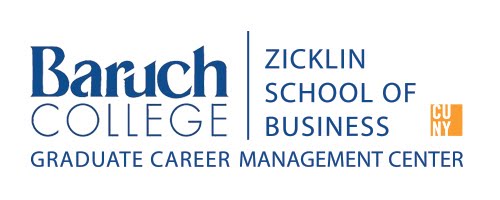Ameya Deshmukh, a current MBA student who will be interning at Morgan Stanley in summer 2015, recently shared an article regarding an innovative approach Nina Mufleh took to promote herself to a specific company (Airbnb) and for a specific position to land herself an internship. Ameya thought this was an important read for all students and professionals because of the individual’s successful efforts. Before sharing the details, here are his thoughts:
“I’ve heard a lot of interesting stories of how people have landed opportunities to interview and eventually work at their dream company, but this by far has to be the most creative. A lot of us get demoralized and lose hope after receiving no response when applying online to a firm or not hearing back from a recruiter. A Middle Eastern girl living in San Francisco, Nina Mufleh was in a similar situation when she applied to Airbnb but she didn’t lose hope. She did something totally unique to grab the company’s attention. She analyzed Airbnb’s current business, explained the importance of the Middle Eastern market, and created a unique online resume that resembled the interface of Airbnb website. She showcased her knowledge about the travel industry and how she’s the perfect fit for the company. Her online resume had all the ingredients of a traditional resume and cover letter, even though there was no mention about her past work experience and professional achievements. In the end, this amount of dedication and hard work caught the recruiter’s attention and helped her join the Airbnb team.”
To read more about Nina
Mufleh’s story click here.
Thank you Ameya for
sharing this article with us.
